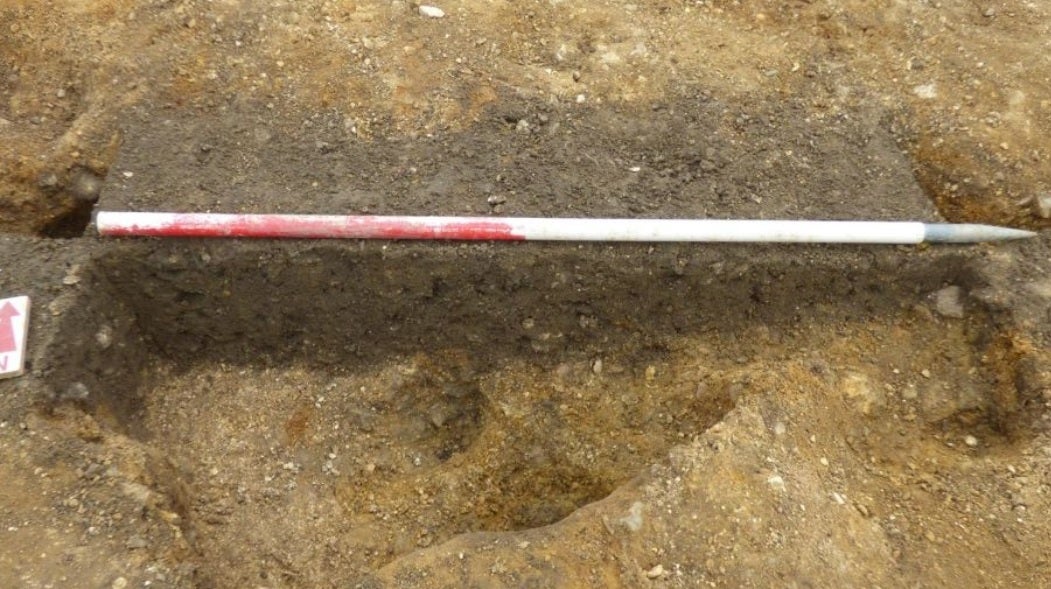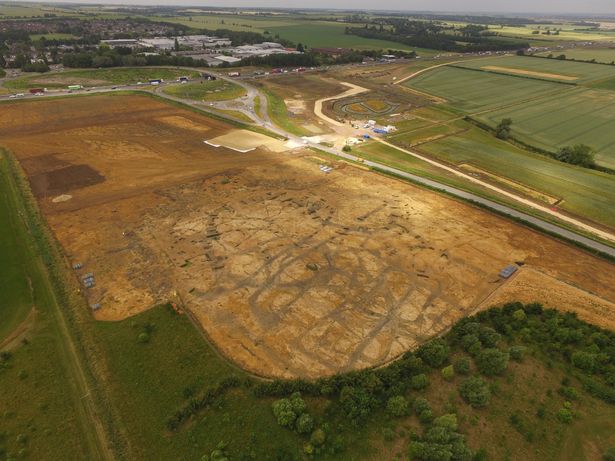Experts baffled after 8,000 frog and toad bones found at ancient Iron Age site
Some 8,000 amphibian bones found near a roundhouse site in Cambridgeshire

Thousands of frog and toad bones have been unearthed by archaeologists at an Iron Age village site in rural Cambridgeshire.
Some 8,000 bones belonging to at least 350 frogs and toads were discovered in a 14-metre ditch near a roundhouse dating back to the middle and late Iron Age, somewhere between 400BC and AD 43.
The bones were found at the ancient settlement in Bar Hill and archaeologists are baffled as to how they got there.
"This is a puzzling and unexpected find, which we are still trying to fully understand," Vicki Ewens, senior archaeozoologist at the Museum of London Archaeology, said in a statement.
"This accumulation of frog remains may have been caused by a number of different factors, possibly interacting over a long period of time."
There is no evidence that the amphibians were eaten by humans or other animals, the team said. It is unclear exactly how the bones ended up in the ditch - experts say there are a number of theories that might help to explain the find.
One theory is that they fell in - and were unable to escape - as they moved in large numbers in search of waters during mating season.
A second theory suggests that an infectious disease killed them, while a third says a particularly cold winter could have caused mass deaths.

Roland Knapp, a research biologist at the University of California Santa Barbara’s Marine Science Institute, said the mating theory was the most plausible.
"This is a fascinating find," he told the Live Science website. "There is no way to know whether a pathogen/disease was responsible, but the suggestion [that] the frogs could have fallen into the ditch of the roundhouse during migration and were unable to climb out seems reasonable as a 'best guess,'".
Jamie Voyles, an associate professor of biology at the University of Nevada Reno, said: "I think this news is exciting and intriguing.
"Even in contemporary times, it can be really difficult to determine the cause(s) of mass mortality events. That said, yes, I would say that infectious disease is one possibility that could be considered and investigated."
Join our commenting forum
Join thought-provoking conversations, follow other Independent readers and see their replies
Comments
Bookmark popover
Removed from bookmarks